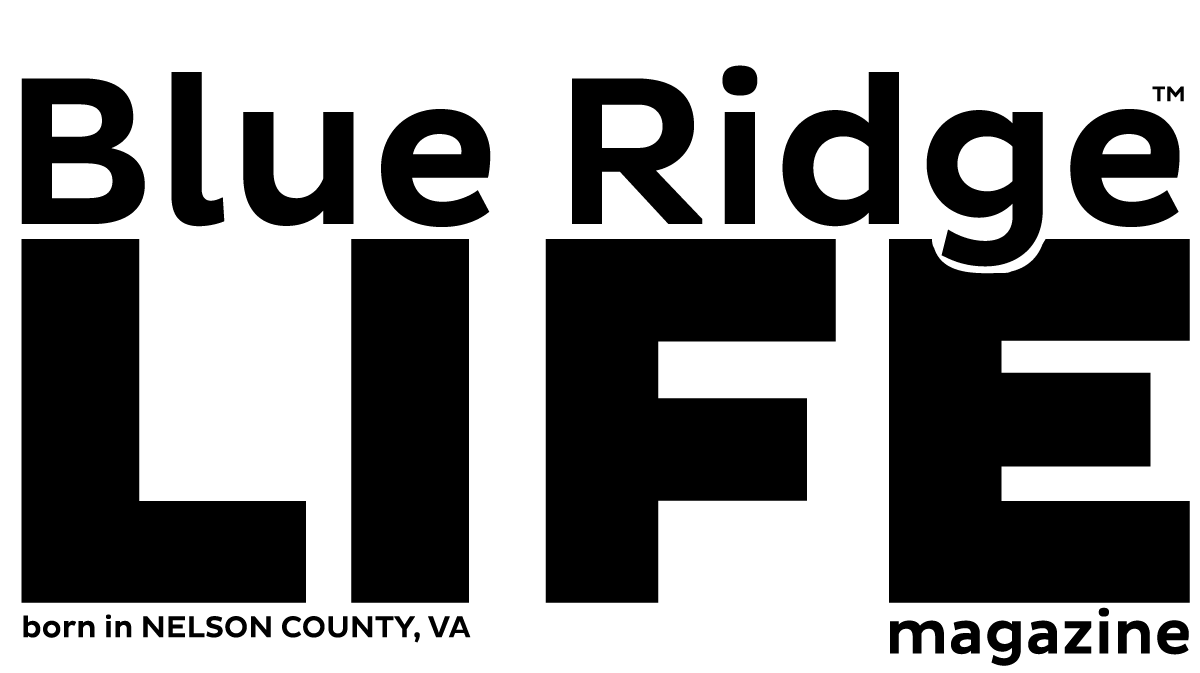

Charlottesville, VA
Women in rural areas talk about having the blues, feeling sad or nerves. All can be symptoms of depression.
University of Virginia nursing professor Emily Hauenstein, director of U.Va.’s Southeastern Rural Mental Health Research Center, has received a $693,000 National Institute of Mental Health grant to evaluate whether digital storytelling can ease these depressive symptoms.
Under the grant, 25 women in rural Virginia will tell their stories, identifying significant life events. They then will consider those events as they create a different, more optimistic narrative moving forward that will result in a short, personal story in movie form.
Rural women may feel as if they have few options to change their life circumstances, Hauenstein said. They work hard , may experience difficult childhoods, suffer more illnesses and may not be exposed to many opportunities.
In addition to considering what makes them feel sad or blue, participants will be encouraged to “also look at the positive and what makes them happy,” she said. “Women who have this kind of emotional experience may not recall both positive and sad moments in their lives. So we try to find the pieces of the story that are lost or that they are not emphasizing enough and that ultimately may help them understand how they feel now.”
If you’re a woman in Nelson County feeling any of these ways, working with a nurse to tell your story may help shake these feelings.
Participants will attend six sessions over the eight-week course of the study to craft their stories. Their depressive symptoms will be evaluated at the beginning and end of the study, and again six months afterward.
“What we’re really looking at is how women’s narrative changes over the course of their work with us, and in what ways,” Hauenstein said. “We think if we can change their narrative, we’ll have fewer depressive symptoms and that’s the major hypothesis.”
The first session will be devoted to developing the story. It’s an opportunity for the women to describe themselves and also how they think others view them. Part of the conversation will include a discussion of “what is a story” and the components of a good story, including plot and characters.
“People with emotional problems can have trouble telling a story and communicating it effectively,” Hauenstein said.
In session two, the participants will present a draft of the story they compile between sessions and spend time refining it.
In session three, they will work with a nurse therapist to plan the digital part of the story by identifying pictures and documents that complement the narrative. The nurse therapist will carry a portable scanner to copy the materials.
In session four, the participants will read their stories aloud so they can become more objective about their past – and what they hope for the future. This is recorded and becomes the narration for the digital story.
“Saying out loud what the change is, it becomes a commitment,” Hauenstein said.
Prior to session five, the research team will combine the narration and pictures using video-editing software, incorporating music and opening and closing titles. Participants then have an opportunity to make refinements. They will receive a CD of their story to keep and share.
In session six, a nurse therapist talks with the participant about her new self-understanding and helps identify people with whom to share the story. It’s important to find people whom the participant trusts to validate her “new version” of herself, Hauenstein said.
In small towns, people can be physically isolated and may be wary of sharing. “It’s a combination of not wanting to burden other people and protecting themselves,” she said. “We’re trying to use the story to help them establish connections with other people in a way that will validate their new sense of self.”
Throughout the study, participants’ conversations will be recorded, providing data to assess the effectiveness of digital storytelling to accelerate the therapy process and achieve emotional changes.
The data analysis and research evaluation, which will be carried out over the remainder of the 2½-year year study, is complex and involves coding and tagging the interview transcripts for multiple interpretations. Analysis will include a narrative coherence scale, characterization of stories by type, such as retribution, and how people portray their identity.
“We have multiple interrogations of the data that we will be doing,” Hauenstein said. “We will be looking at the transcripts of each of the sessions to see if there are discernable points in this process in which people seem to make leaps forward, as well as for nuances of change.”
The analysis will result in the creation of a treatment manual that will describe what was effective.
“Is it just telling the story? Do we have to have them say it out loud? Do we have to do pictures? We think that that has a certain power associated with seeing and hearing to accelerate the process by which people are able to make emotional changes, but we don’t know that for sure,” Hauenstein said.
Researchers will evaluate whether people’s narratives change over time and if the process does indeed help the women. The study will also look at the personal characteristics that make them more or less amenable to this kind of intervention.
In an effort to free the study from cultural bias, the research team will examine whether factors such as literacy or race make a difference.
“In a previous study, we found that African-American women talked about their illness experience in different ways than did white Americans,” Hauenstein said. “So, if I’m going to be looking at narrative change, I need to be sensitive to cultural differences in story.”
The study is “psychotherapy process research,” as opposed to the more common “psychotherapy outcome research.”
“We will not be content to know if it works, but why it works,” she said. This is the first study that she is aware of to involve digital storytelling working with a clinical population to establish it as a therapeutic intervention, she added.
The research team includes nurse practitioner Nancy Bolton, who will conduct the assessments; assistant nursing professor Edie Barbero, a nurse therapist trained in digital storytelling; psychiatrist Richard Larry Merkel, who is also an anthropologist trained in narrative method; Joseph Davis, director of research for the College of Arts & Sciences’ Institute for Advanced Studies in Culture who will assist in the qualitative data analysis; and Ivora Hinton, coordinator of data analysis and interpretation in the Nursing School’s Rural Health Care Research Center.
If you would like to participate in this program, contact Nancy Bolton at 434-982-3273.

